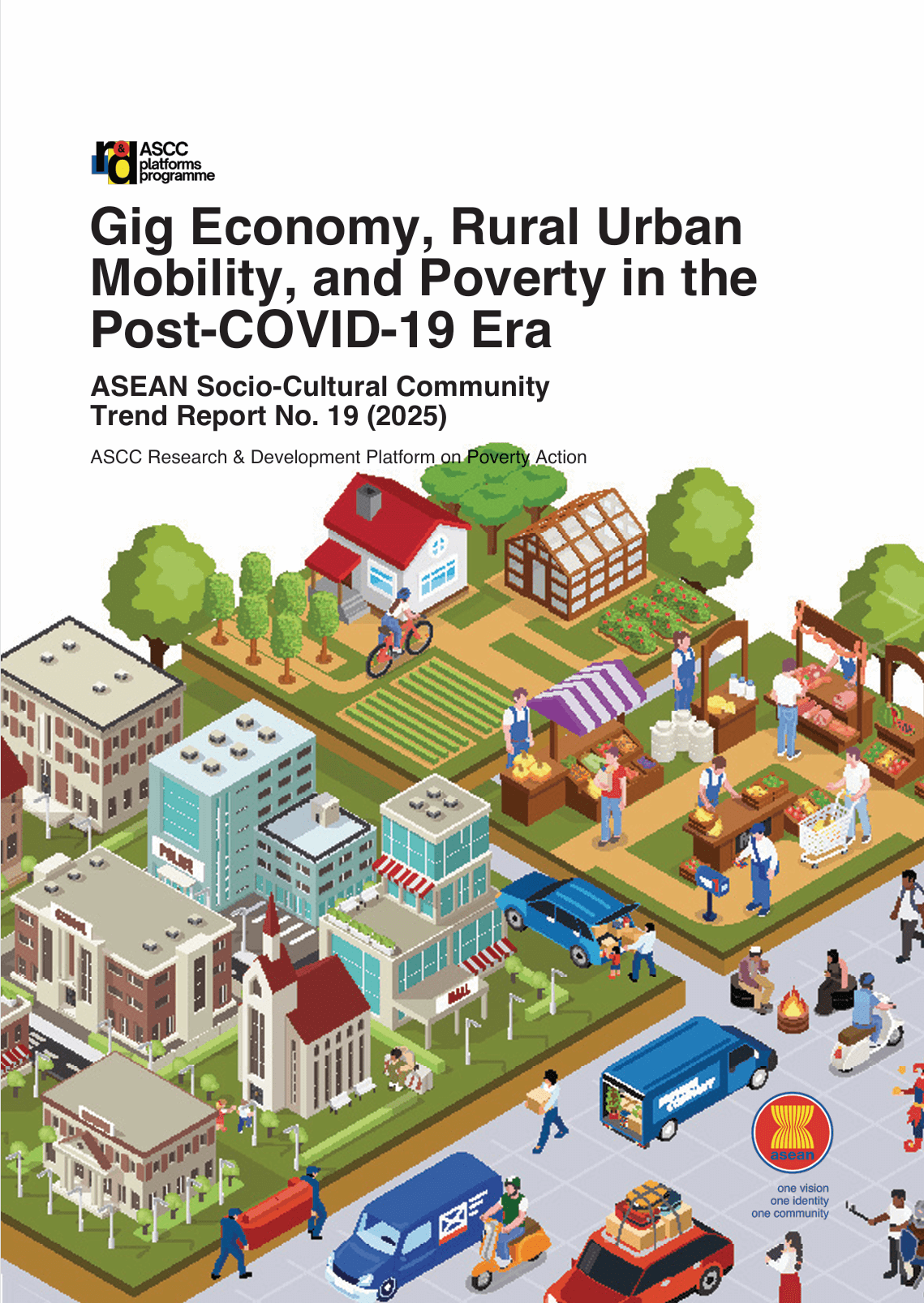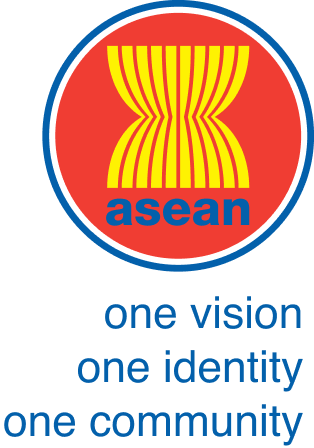

EXECUTIVE SUMMARY
The gig economy has risen at a fast pace, particularly in developing economies where many gig workers are outsourced from. Moreover, many firms in developing countries have been found to have higher inclinations of hiring gig workers in comparison to its counterparts in developed economies. While it has lowered the barrier for populations living in poverty to enter the workforce, the gig economy poses risks to ASEAN’s poverty alleviation agenda, particularly given the informal nature of gig work. Informal employment, including gig employment, constitutes a substantial part of the labour market in the ASEAN region as it constitutes up to 80% of total national employment in some member states.
The high rate of informal employment is accompanied with high levels of vulnerable employment in many parts of the region. The informality of the gig economy may pose risks if coupled with low social protection coverage which, at present, marred with wide gaps in coverage across the region. Moreover, gig economy may also institutionalise previously existing precarious work conditions, leading to deterioration in other indicators of well-being and lower income for gig workers. ASEAN has recognised that its response to impacts brought about by the gig economy is interlinked with efforts in ensuring decent work for citizens in the region. This linkage between poverty eradication and the gig economy is drawn by highlighting the importance of social protection, harmonious workplace, and workers’ safety. However, a specific focus on gig workers or digital platform workers have yet to arise in discussions within ASEAN.







